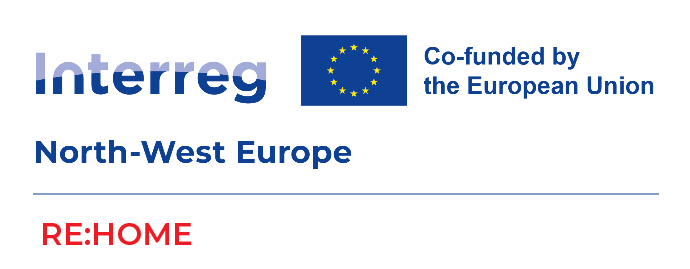
In the densely populated area of North West Europe, around 12,000 children who suffer from neurological disorders are confronted with lifelong obstacles, such as severe limitations in mobility. These children necessitate individualized rehabilitation plans that cater to their unique requirements and capabilities.
However, the absence of uniform procedures impedes the creation of all-encompassing programs that can be readily implemented in different healthcare environments. Despite progress in medical advancements and rehabilitation techniques, the existing state of motor rehabilitation lacks availability of cutting-edge technological innovations. The shortage of advanced technologies, such as exoskeletons for children, plays a role in labeling the NWE region as a medical desert.
In order to tackle these obstacles and enhance the field of neurological paediatric rehabilitation, the RE:HOME project is focused on achieving the following goals:
- Enhancing access to cutting-edge technologies through the provision of new exoskeleton modules for robot-assisted rehabilitation, smart garments, and an IT platform for telemonitoring and facilitating the transfer of digital technologies.
- Establishing standardized transnational training programs for both hospital and home settings. Pilot countries such as urban areas in Belgium and the Netherlands will be utilized for training and testing sessions, with subsequent adaptation and testing in sub-regional areas in Hauts de France. These programs will then be disseminated to private practitioners in Germany for further testing. This collaborative effort aims to transition from a hospital-centric approach to a more territorial health system, facilitating the integration of tools in care services and strengthening territorial care networks. The data gathered during these tests will contribute to personalized care, including device settings and optimized usage timing.
- Implementing a comprehensive training program targeting healthcare professionals, parents, children, and the general public. This initiative aims to improve access to information and knowledge about rehabilitation technologies and practices.
By promoting social inclusion for individuals with disabilities and building local capacity for change, we strive to create a more inclusive and supportive society.
Project partners
The project is managed by JUNIA Grande école d'ingénieurs (France)
The large number of associated organizations (13), including patient's associations (3), SMEs (4) and healthcare organizations (6) from all the countries in the consortium, will provide valuable advice from the beginning and throughout the project.
Role of Centexbel in RE:HOME
Centexbel will be involved in the RE:HOME project to create a smart textile embedded with different sensors to monitor physiological parameters and movements.
The project will focus on developing new sensors and exploring cutting-edge technologies to integrate them into textiles.
Through this collaboration, Centexbel will enhance its expertise in smart textile innovations to provide valuable support to textile businesses.
Financing
Total budget: € 8,700,000.00
Total ERDF budget: € 5,222,000.64




